Lexus LBX vs Mitsubishi Eclipse Cross - Differences and prices compared
Compare performance (136 HP vs 218 HP), boot space and price (28300 £ vs 41100 £ ) at a glance. Find out which car is the better choice for you – Lexus LBX or Mitsubishi Eclipse Cross?
Costs and Efficiency:
Price and efficiency are often the first things buyers look at. Here it becomes clear which model has the long-term edge – whether at the pump, the plug, or in purchase price.
Lexus LBX has a clearly advantage in terms of price – it starts at 28300 £ , while the Mitsubishi Eclipse Cross costs 41100 £ . That’s a price difference of around 12857 £.
Engine and Performance:
Power, torque and acceleration are the classic benchmarks for car enthusiasts – and here, some clear differences start to show.
When it comes to engine power, the Mitsubishi Eclipse Cross has a evident edge – offering 218 HP compared to 136 HP. That’s roughly 82 HP more horsepower.
In acceleration from 0 to 100 km/h, the Mitsubishi Eclipse Cross is a bit quicker – completing the sprint in 7.90 s, while the Lexus LBX takes 9.20 s. That’s about 1.30 s faster.
There’s no difference in top speed – both reach 170 km/h.
There’s also a difference in torque: Mitsubishi Eclipse Cross pulls noticeable stronger with 300 Nm compared to 185 Nm. That’s about 115 Nm difference.
Space and Everyday Use:
Cabin size, boot volume and payload all play a role in everyday practicality. Here, comfort and flexibility make the difference.
Both vehicles offer seating for 5 people.
In terms of boot space, the Mitsubishi Eclipse Cross offers evident more room – 487 L compared to 332 L. That’s a difference of about 155 L.
In maximum load capacity, the Mitsubishi Eclipse Cross performs significantly better – up to 1670 L, which is about 676 L more than the Lexus LBX.
Who wins the race in the data check?
The Mitsubishi Eclipse Cross holds a decisive overall lead in the objective data comparison.
This result only shows which model scores more points on paper – not which of the two cars feels right for you.
Costs and Consumption
View detailed analysis
Engine and Performance
View detailed analysis
Dimensions and Body
View detailed analysis
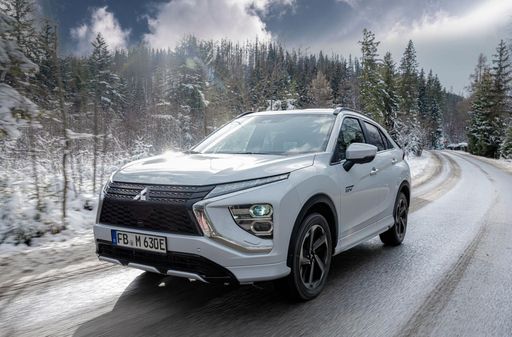
Mitsubishi Eclipse Cross
Lexus LBX
The Lexus LBX wraps premium touches and a surprisingly spacious cabin into a compact crossover that’s perfectly at home in town or heading out on longer drives. It wears the badge with quiet confidence, serving up a refined ride and clever packaging for buyers who want Lexus polish without shouting for attention.
details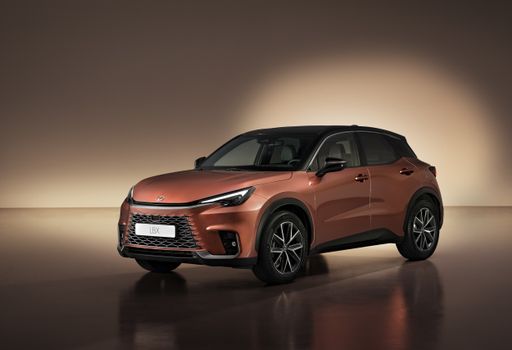
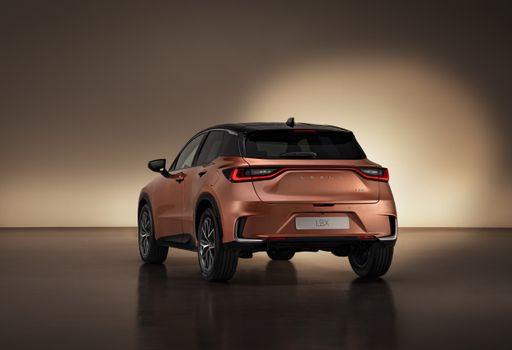
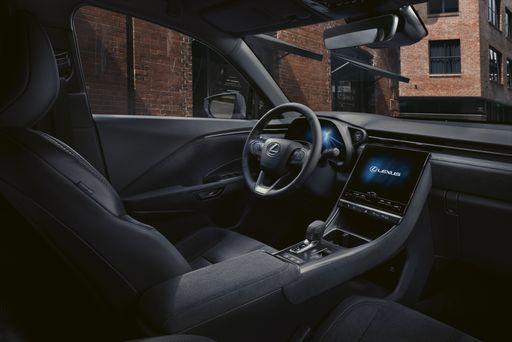
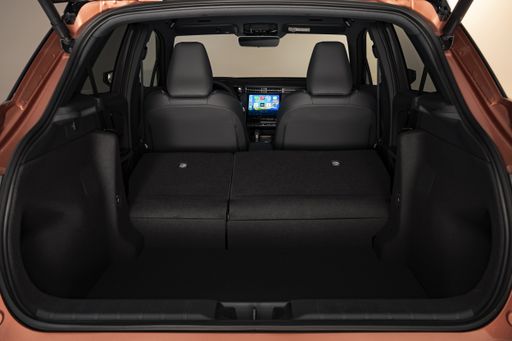
Mitsubishi Eclipse Cross
Mitsubishi Eclipse Cross combines coupe-like looks with crossover practicality, so you get style without the showroom attitude. It’s an affable daily driver that hides a few quirks behind a confident grin, making it an easy pick for buyers who want personality without fuss.
details
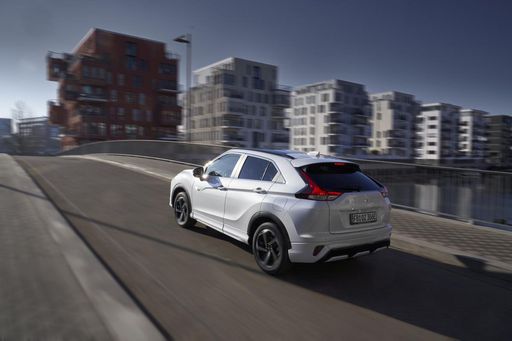
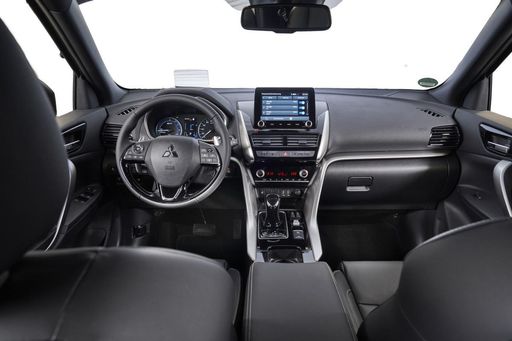
Costs and Consumption |
|
|---|---|
|
Price
28300 - 40000 £
|
Price
41100 - 48200 £
|
|
Consumption L/100km
4.5 - 4.8 L
|
Consumption L/100km
-
|
|
Consumption kWh/100km
-
|
Consumption kWh/100km
16.7 - 16.9 kWh
|
|
Electric Range
-
|
Electric Range
635 km
|
|
Battery Capacity
-
|
Battery Capacity
-
|
|
co2
102 - 110 g/km
|
co2
0 g/km
|
|
Fuel tank capacity
36 L
|
Fuel tank capacity
-
|
Dimensions and Body |
|
|---|---|
|
Body Type
SUV
|
Body Type
SUV
|
|
Seats
5
|
Seats
5
|
|
Doors
5
|
Doors
5
|
|
Curb weight
1280 - 1365 kg
|
Curb weight
-
|
|
Trunk capacity
255 - 332 L
|
Trunk capacity
487 L
|
|
Length
4190 mm
|
Length
4489 mm
|
|
Width
1825 mm
|
Width
1908 mm
|
|
Height
1560 mm
|
Height
1571 mm
|
|
Max trunk capacity
992 - 994 L
|
Max trunk capacity
1670 L
|
|
Payload
455 - 475 kg
|
Payload
-
|
Engine and Performance |
|
|---|---|
|
Engine Type
Full Hybrid
|
Engine Type
Electric
|
|
Transmission
Automatic
|
Transmission
Automatic
|
|
Transmission Detail
CVT
|
Transmission Detail
Reduction Gearbox
|
|
Drive Type
Front-Wheel Drive, All-Wheel Drive
|
Drive Type
Front-Wheel Drive
|
|
Power HP
136 HP
|
Power HP
218 HP
|
|
Acceleration 0-100km/h
9.2 - 9.6 s
|
Acceleration 0-100km/h
7.90 s
|
|
Max Speed
170 km/h
|
Max Speed
170 km/h
|
|
Torque
185 Nm
|
Torque
300 Nm
|
|
Number of Cylinders
3
|
Number of Cylinders
-
|
|
Power kW
100 kW
|
Power kW
160 kW
|
|
Engine capacity
1490 cm3
|
Engine capacity
-
|
General |
|
|---|---|
|
Model Year
2025
|
Model Year
2025
|
|
CO2 Efficiency Class
C
|
CO2 Efficiency Class
A
|
|
Brand
Lexus
|
Brand
Mitsubishi
|
What drivetrain options does the Lexus LBX have?
Available configurations include Front-Wheel Drive or All-Wheel Drive.




